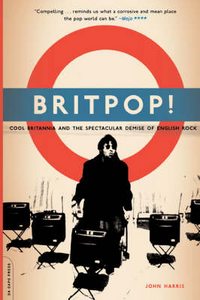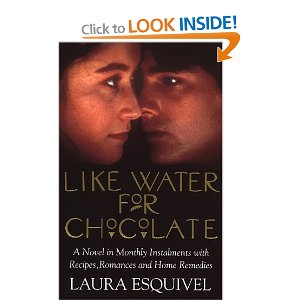“Something has shifted, theres a new feeling on the streets. Theres a desire for change. Britain is exporting pop music again. Now all we need is a new government.”
Alistair Campbell
Tony Blair’s Press Secretary, Autumn 1996
If there was ever a quote that epitomised the time John Harris writes about, it’s this one. Britpop for those of you who don’t know is the name given to the period in the 1990s in which British music, politics and culture went through a perceived revolution, resuming its apparent dominance and international prestige. Mostly used in a musical context, the striking thing about the word ‘Britpop’ is that it can be applied to anything from Oasis to the Spice Girls – so certainly not a genre then (although John Harris focuses specifically on Britpop as rock music). Unlike other socio-cultural movements like punk, Britpop as a concept was much more successful. The fact it helped carry a new Labour government to election victory is a testament to that. And it’s traits like that that make Britpop such brilliant subject matter for a book.
First of all I’d like to say I’m hardly a bookworm. Having not read a book in over five years and with the only books I’d ever read page-to-page being the Harry Potter series, it’s not hard to imagine how close I fit the average reading activity of someone my age. It was first and foremost my interest not only in non-fiction but music in general that inspired my purchase, anybody feeling interested in either of the latter should follow suit. Fundamentally, it’s Harris’s ability to create a story of immense detail and insight that borders on the academic while simultaneously forging a read that really feels like a book about rock stars and the mindless fun that comes with it that makes it so successful. From studio to stadium, it’s rock n’ roll storytelling of some of the greatest bands of the era (Oasis, Blur, Pulp, Suede, Elastica) and the conflict, relationships and scene that enveloped around them is one of the most interesting times in our music history, and whilst previously writing for publications as NME, Q, Select, Melody Maker as well as a healthy selection of the mainstream press, this veteran writer does the period complete justice.
Okay, so until now I’ve never actually read a “proper” book. So perhaps you’d see this as nothing more than a proud statement of my literary accomplishment. But perhaps the fact I finished this one, and that it has spurred me on to read more says more about the book than it does me.
A truly thrilling read.


